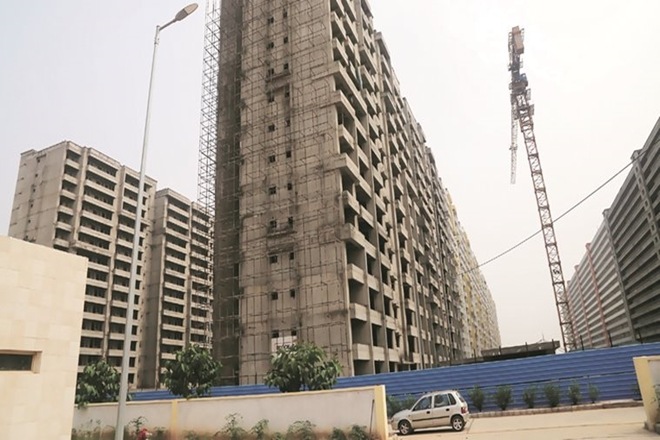Surbhi Prasad
In a blow to home buyers in the state, the Haryana government has diluted the rules for builders, making them far more lenient than those in the central RERA or Real Estate (Regulation and Development) Act, 2016. The Haryana cabinet approved the state RERA legislation late on Tuesday.
What will hurt home buyers the most is that the rules omit the definition of “carpet area”. In other words, buyers will be sold properties based on the super built-up area, which includes balconies, terraces and common areas. The deletion of the term carpet area defeats the purpose of giving buyers clarity on the exact amount of space they are paying for. In sharp contrast, the Maharashtra RERA includes the concept of carpet area. This area excludes any terraces, verandas, external walls and the balconies even if these are exclusively dedicated to the flat owner. The internal partition walls, however, will be included in the carpet area. In another blow to home buyers, the Haryana RERA rules have amended the definition of “ongoing project”. These allow a builder to be exempt from the purview of RERA even if he had applied for a licence or received a part completion certificate before the Act was notified.
This means builders who do not complete projects and leave home buyers in the lurch cannot be penalised as per RERA guidelines. By exempting projects for which an application for completion or occupation certificate (CC/OC) has been made on or before the rules are notified, Haryana has taken a lenient attitude towards builders. Of the total unsold inventory of approximately 5 lakh apartments across the country, a third is in the National Capital Region (NCR).
Abhay Upadhyay, national convener, Fight for RERA, said the Haryana real estate rules come as a big disappointment. “The state has diluted the rules to favour real estate developers by redefining ongoing projects. This will seriously compromise the interest of home buyers since most projects will be out of the ambit of RERA merely by applying to the authority,” Upadhyay said. An “ongoing project” is one for which a licence is given on or before May 1, 2017, and where the development work is yet to be completed as on May 1. The rules are expected to be notified in a couple of days. A large number of developers had applied for CC and OC before April 30, according to senior officials.
A CC is a certificate by the competent authority that the real estate project has been developed according to the sanctioned plan, layout and specifications as approved by the authority. An OC is a certificate issued by the competent authority to the developer permitting buyers to move into their apartments. As for registration fees, the rules state that the promoter shall pay a registration fee at the rate of Rs 10 per square metre of the total area of the real estate project in the case of residential use in hyper/high potential zone and Rs 5 per square metre in the case of low and medium zones. In the case of commercial use, registration fee shall be Rs 20 per square metre.
You might also want to see this:
In the case of residential/industrial plotted colony, the rate would be applicable for gross area of the colony. In the case of group housing, commercial/cyber city/park/any other, the above rates are up to 175 floor area ratio. The rules also say interest payable by the builder to the allottee or the allottee to the builder in case of default of possession or instalment would be same. The rate will be the State Bank of India’s highest marginal cost of lending rate plus 2%.
“While finalising the rules, we had decided that the central Act must not be diluted and the exercise of rule-making should be used to remove ambiguities or to clarify any grey area,” the official said. So far, about 25 developers have registered manually with the interim authority. The draft rules were notified on April 28 and the state government had invited suggestions and objections from the public and others stakeholders. About 1,874 suggestions and objections were received from promoters, allottees’ welfare associations and individuals, the official said.


